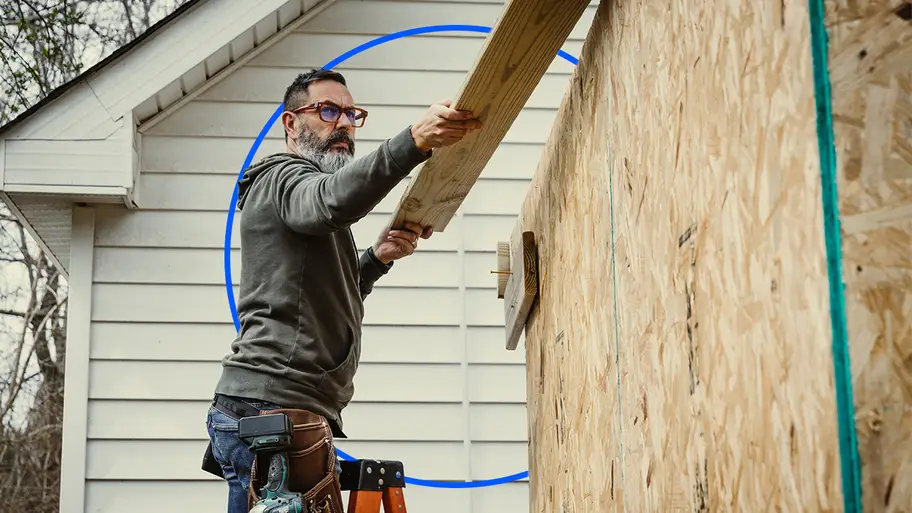LightStream: Best for large loan amounts
- High maximum loan amount
- Low APRs
- No fees
- Good to excellent credit required
- High minimum loan amount
- No due date flexibility
Borrowers with excellent credit seeking high loan amounts and flexible terms at some of the lowest APRs available can qualify. LightStream’s unsecured personal loans are big enough for major home projects and come with competitive rates for qualified borrowers. Besides that, the lender offers terms as long as 12 years for home improvement loans, giving you a lower monthly payment option than most personal loan lenders allow.



























